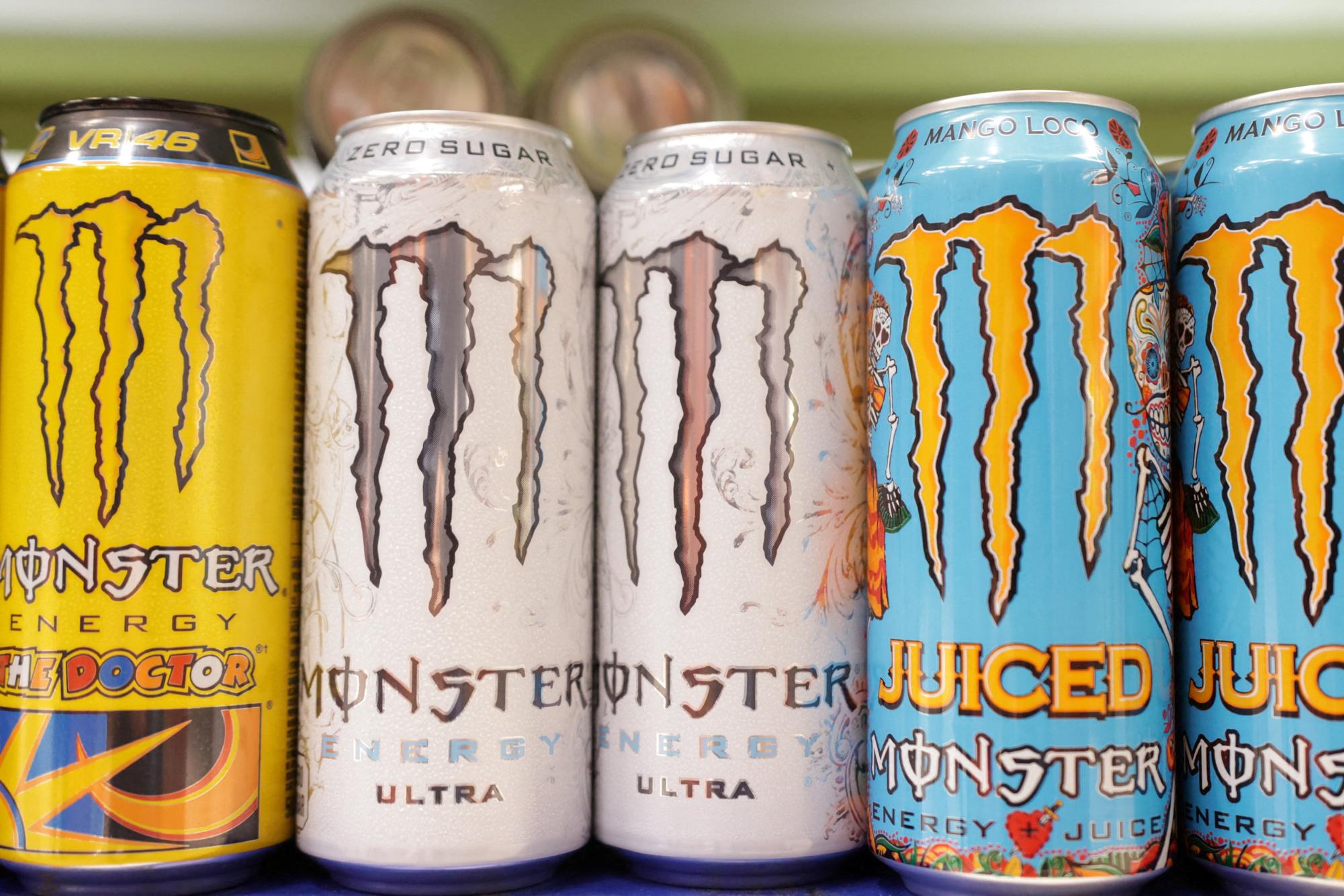A lot of my friends don’t drink energy drinks. Tea? Maybe. Coffee? If they have time to run to Starbucks. But the friends who do drink them, who need the 200-270 milligrams of caffeine that Celsius offers to get through their day, DRINK them. I often see them crack open a can a day, and that’s just in the one or two periods I have with them. Of 168 WJ students surveyed via Instagram, 36% drink at least one per week and 9% drink more than six per week. While 9% might not seem like a lot, that’s approximately 300 students drinking a minimum of 1200-1690 milligrams of caffeine a week, each. Over time, that adds up.
Energy drinks, most students recognize, are not healthy. While the FDA hasn’t specified what the safe amount of caffeine per day is for teens, the American Academy of Pediatrics recommends less than 100 milligrams for those aged 12-18. In other words, a single Celsius contains double, in some cases almost triple, the suggested safe daily amount of caffeine. A Monster, which averages 160 milligrams, isn’t much better.
“I started drinking them because I was like, ‘I’m tired, I might as well give myself an extra energy boost,’ but at this point it’s an emotional support drink,” senior Elsa Santighian, who drinks about seven a week, said. “If I don’t drink it I get a headache.”
Headaches are just one possible side effect. The Harvard School of Public Health advises that energy drinks have been linked to “poor mental health, adverse cardiovascular effects and metabolic, renal, or dental problems,” and that excessive caffeine intake in general can cause anxiety, difficulty sleeping, and heart problems.
So why are we drinking so many of them if we know that they’re hurting us? The answer lies in the fact that overconsumption of energy drinks itself is not the real problem; it’s a result of the underlying issue, that students feel like without energy drinks they won’t be able to get through the day. Whether it’s because of hours-long sports practices, truckloads of AP coursework or family and community commitments, 36% of WJ students believe they need energy drinks to function properly. This is something that must be addressed.
However, none of the solutions that come to mind are as simple as they might seem. MCPS has repeatedly found that delaying school start times to give students more time to sleep would be prohibitively expensive and logistically challenging, as it would involve a significantly adjusted bussing schedule. Changing the curriculum of health class to focus more on the impacts of a lack of sleep and excessive caffeine intake is another route, but any countywide curriculum change would face an uphill battle that could take years. Nevertheless, making it so that students don’t feel like they need a can full of chemicals to get through the day should be a priority for county, state and even national officials.















